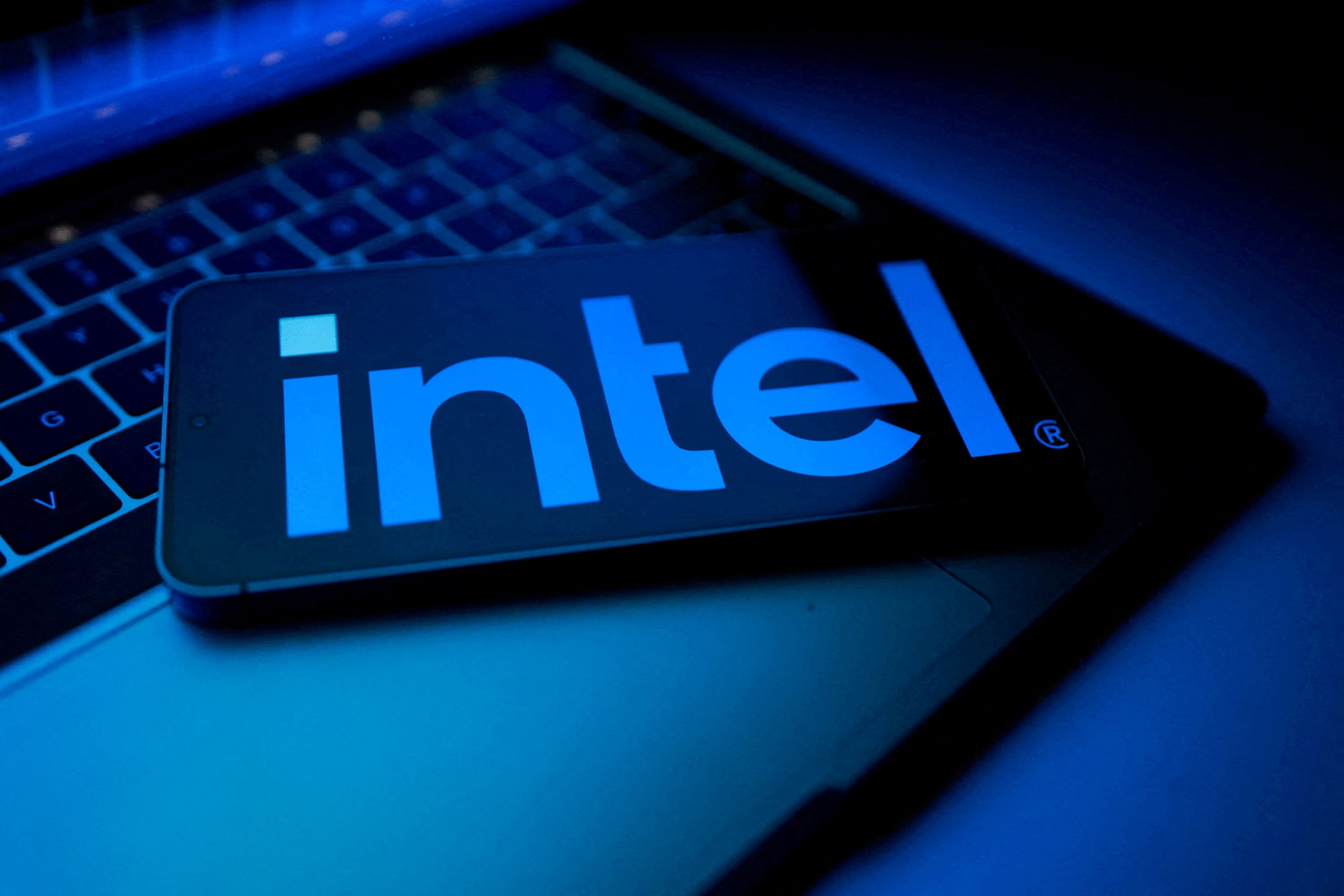
Recently, Intel Chief Technology Officer Sachin Katti stated at the Open Compute Summit on Tuesday that Intel plans to launch a new AI chip for data centers next year. The new chip is mainly optimized for improved energy efficiency while also supporting a wider range of uses, such as running AI applications or performing inference, aiming to help Intel re-enter the AI chip market.
Intel's decision to launch a new AI chip marks a significant adjustment in its strategic layout in the field of artificial intelligence. With the rapid development of AI technology, chip manufacturers are investing heavily in the research and development of dedicated AI processors to meet the growing computational demands. As one of the world's largest semiconductor companies, Intel's market share in the chip sector is facing strong challenges from competitors such as NVIDIA and AMD. Take NVIDIA as an example: with its specialized chip designs in deep learning and machine learning, it has quickly secured a leading position in the AI chip market. In the face of rising competition from NVIDIA, AMD, and others, Intel must make changes to optimize energy efficiency while maintaining high performance, in order to remain competitive in the rapidly evolving AI application field.
Intel's decision to launch a new chip to re-enter the AI market will undoubtedly have a profound impact on the overall AI chip market landscape. As a giant in the semiconductor industry, Intel's introduction of a new chip usually signifies new optimizations. The new chip may feature higher computational performance, a lower energy consumption ratio, and more powerful parallel processing capabilities. At the same time, as a globally renowned chip manufacturer, Intel already possesses considerable capabilities and a strong customer base within the industry. The launch of a new chip will attract numerous AI companies and developers to develop applications and build ecosystems around it, potentially disrupting the existing industrial structure. Some companies that previously relied on other chip manufacturers may consider switching to Intel's new chip, thereby altering market share distribution. Additionally, the introduction of the new chip also indicates an increased market demand for talent skilled in mastering and applying this chip technology. This will intensify competition among enterprises for relevant talent, stimulate market development, and, to meet the demand for talent, increase investment in related education and training. This will more effectively cultivate more professionals who can adapt to industry development, further promoting the growth of the AI industry.
While Intel is rebooting the artificial intelligence market, the existing issues with its chips cannot be ignored. Ensuring a balance of performance and efficiency in AI chips is crucial: maintaining high performance while reducing power consumption and costs, and providing sufficiently powerful computing capabilities to handle massive amounts of data and complex calculations during large-scale AI model training and inference. Additionally, continuous innovation in chip architecture is needed to improve integration and performance, adapting to the ever-changing demands of AI applications. If Intel's technological iteration cannot keep up with market demands, its chips may face the risk of falling behind in performance in the short term. At the same time, the competition in the AI chip market is also extremely fierce, and Intel needs to highlight the advantages of its new AI chips in the market; otherwise, it may be at a disadvantage in the battle for market share.
In summary, Intel's launch of new AI chips marks a strategic decision to re-enter the artificial intelligence market, presenting both opportunities and challenges. At the same time, it will inject new vitality into the development of the entire AI industry and promote the application and innovation of AI technology in more fields.

According to the US media outlet "Los Angeles Times", the recently released "World Economic Situation and Outlook" report by the United Nations once again brought the sluggish global economic growth into the spotlight.
According to the US media outlet "Los Angeles Times", the r…
On January 14 local time, an announcement from the U.S. Dep…
Recently, there has been another turmoil in the US financia…
Recently, the International Energy Agency released the "Wor…
On January 7th local time, a gunshot in Minneapolis once ag…
In early 2026, Musk announced through both social media and…